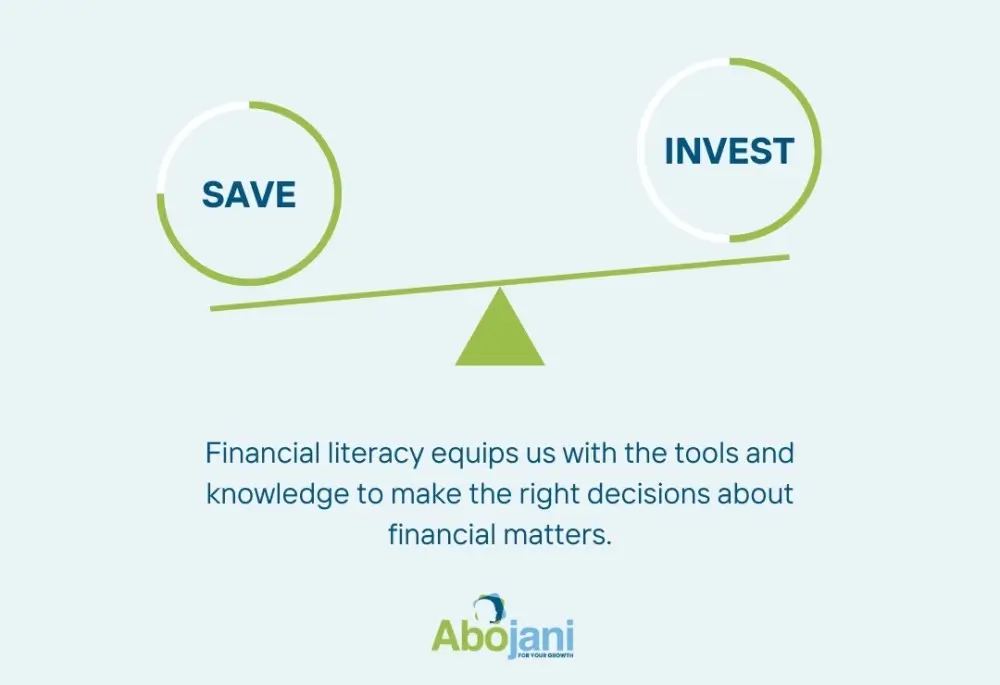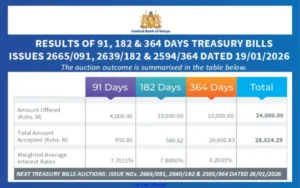Saving money is universally touted as the foundation of financial success. “Save more,” “Cut your spending,” “Live within your means” are common refrains. The logic seems straightforward: spend less than you earn, save the difference, and you’ll eventually become wealthy. However, this advice, taken in isolation, is often insufficient to build true wealth and can even lead to frustration or disillusionment.
The Limitation of Saving in Isolation
Consider an individual earning KES 50,000 per month who diligently saves KES 15,000. While this represents a significant portion of their income and appears to be progress, the crucial question remains: What happens to that saved money? Is it stagnant in a current account? Is it accumulating in a low-interest savings account? Or is it merely a safety net without a defined role in their financial future?
Learn more with: Abojani Personal Finance and Investing Masterclass Course Outline
Saving without a clear plan is akin to packing bags without a destination. Eventually, the purpose becomes unclear, and individuals may find themselves dipping into their savings without guilt or direction, simply because there was no initial objective.

The Pitfall of Unquestioning Application of Financial Advice
Many individuals misstep by applying financial advice wholesale without critically assessing its fit for their unique situation. While the underlying principles may be sound, they lose their impact without context. Not every budgeting trick or savings target is universally applicable across all income levels, household structures, or lifestyles. Blindly copying someone else’s strategy rarely yields optimal results.
Wealth Building: Beyond Accumulation to Strategic Direction
Wealth is not solely built on saving; it is forged through strategy, clarity, and informed action. To effectively build wealth, one must explicitly define:
- Why are you saving?
- For how long will you save for this specific purpose?
- What will the saved money be used for?
Is the purpose to:
- Start a new business?
- Invest in a money market fund?
- Fund a down payment on property?
- Establish an emergency cushion to protect existing investments from short-term crises?
Once the purpose is clear, you can establish appropriate timelines, set specific savings targets, and strategically connect your saving efforts with income-generating actions. This intelligent direction of funds, rather than mere hoarding, is how wealth truly begins to take shape.
The Importance of Financial Understanding and Personalization

Understanding the mechanics of money is paramount, superseding adherence to general rules. Financial strategies must be tailored to individual circumstances:
- Irregular Income vs. Stable Salary: Different income patterns necessitate varied saving and investing approaches.
- Fixed Expenses with Variable Earnings: Your savings rhythm must adapt to this reality.
- Dependents or Financial Recovery: Prioritize protection and liquidity over high-risk investing in these scenarios.
The true skill lies not in memorizing financial advice but in interpreting and adjusting it through the unique lens of your life. Knowing what’s feasible, what applies directly to you, and what requires modification is critical.
The Enduring Value of Saving (as a Starting Point)
Saving money remains valuable. It cultivates financial discipline, provides crucial breathing room, and helps prevent unnecessary debt. However, saving without a larger, well-defined plan will not lead to true wealth.
Therefore, as you pursue financial freedom, do not stop at merely cutting costs or accumulating a bank balance. Push further. Ask yourself:
- What is this money truly for?
- What happens after I reach my current savings target?
- What does ‘wealth’ specifically look like for me, and how will I both achieve and sustain it?”
Saving is the initial step, crucial for creating stability. But to achieve genuine financial growth, you must take deliberate steps towards income-generating activities. This could involve:
- Investing in a “chama” (investment group).
- Purchasing shares.
- Building a profitable side hustle.
- Upskilling to secure better-paying employment opportunities.
The ultimate objective is not just to save, but to multiply what you have saved. Because, fundamentally, wealth is not merely stored; it is grown.





